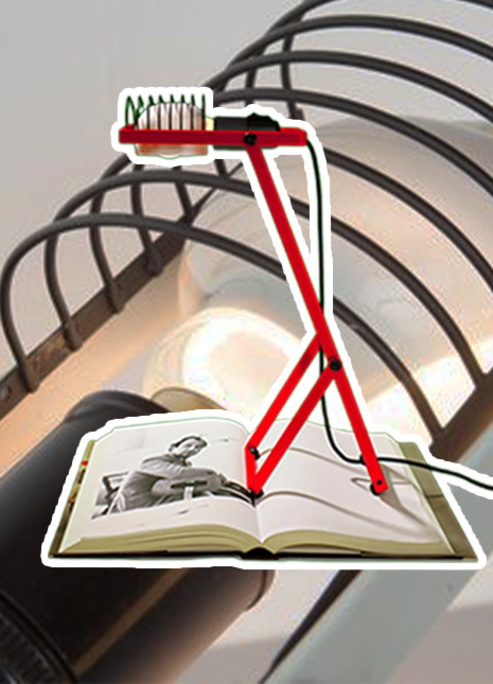Is Self-Depreciation What's Actually Holding You Back?
3 Ways To Stop Belittling Yourself
“Stop prefacing everything with, ‘Maybe this is a dumb idea.’ They’re not dumb ideas.”
This was one of the best pieces of feedback I ever received, thanks to my supervisor at my first internship five years ago.
I was completely unaware that I was using this phrase to belittle my work. So, while the feedback was a little surprising, it was also an enormous gift. Of course, it didn’t totally eliminate self-deprecating statements from my everyday communication, but it did raise my awareness on how often we all use self-deprecation in our work and personal lives.
Like most women, I often find myself apologizing for a slightly messy home, criticizing some imperfect piece of work I’ve done and deflecting any compliments I may receive.
But why?
In Lean In, Facebook CEO Sheryl Sandberg discusses how “success and likeability are positively correlated for men and negatively correlated for women.” To break it down: The more competent and successful a woman is, the less likeable she is perceived to be. So, perhaps self-depreciation is a natural, subconscious response used as an attempt to downplay our confidence to therefore, increase our likeability.
By acknowledging our faults up front, we’re seeking to adjust the expectations so we can’t disappoint anyone. We have this strange sense that if we don’t talk about our flaws, we’re somehow implying that we feel superior. So, we become the kind of people who say, “No, I’m really not actually any good. You don’t have to tell me I am,” as if this will deflect judgment.
But is this self-depreciation actually a problem?
In tiny doses, maybe not. It can be a way to express a perspective of not taking ourselves too seriously. Like anything, however, when you start to self-depreciate too often it will become a habit that consumes your everyday communication. And when it is overused, it can be detrimental to you and your future.
Self-depreciation draws people’s attention to the flaws that they would otherwise never notice. Have you ever been told not to think about something, and afterwards, it’s the only thing you can think about? Self-depreciating works the same way. Once something is brought to your attention, it is impossible to un-see it. A depreciating comment that’s intended to remove judgment from your shortcomings may actually mean people notice them more.
Would you buy a used handbag from a salesperson who kept pointing out all the flaws? Probably not. This isn’t to say you should lie about your shortcomings, but you don’t need to spend the whole time shining a spotlight on them.
So, what can you do instead?
1. Don’t apologize
Try to recognize that although your work (or your appearance, etc.) may not be perfect or reach some impossible standard you’ve set for yourself, it has value.
For example, if someone told me they loved the way I styled my hair, I would apologize and say it was because I was running late and had to hurry. This makes absolutely no sense. They love the look, so I should not apologize.
We often feel like we have to have an explanation for our choices/actions, but we don’t. Never apologize for kicking ass!
2. Become conscious
Try to become more conscious of your own self-depreciation and apologies. This can be difficult in the beginning, so enlist some friends or family to call out the behavior when they hear it. And make a practice of calling out other self-depreciators (nicely!). People should recognize their worth, so self-depreciation has to stop.
3. Believe what people say
Next time, rather than deflecting compliments, believe them. When someone says something, we like to overanalyze the statement. We wonder if they actually meant it. Everything is not a mystery to be solved. Sometimes the answer is obviously flashing in neon lights.
When you are complimented for a job well done, a killer ‘fit or your cool apartment, believe they said what they intended to say. It takes courage for people to tell you how well they think you did, so acknowledge their statements as truth!
Preview image via Instagram @natwinter_












